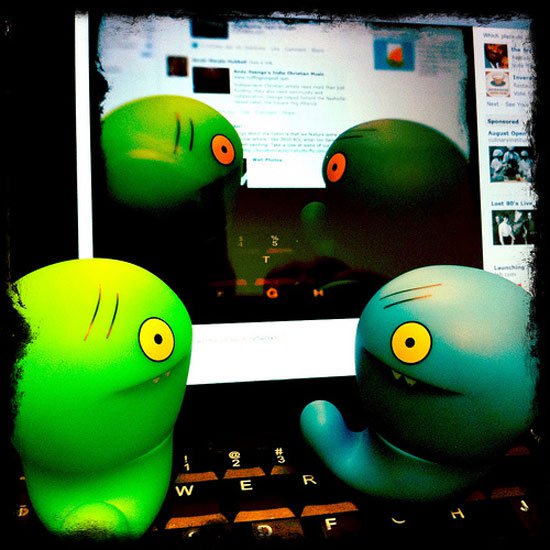Skype is being attacked by Dorkbot worm
Skype is not completely immune to malware and spam. Therefore, users should be more cautious if they intend to click on random links that are sent to their account via this service.
Based on reports from various security companies as well as from the official Skype forum, this popular communication tool is the latest target of a rather malicious "worm" on the Internet. This worm is called 'Dorkbot' , which once caused a storm on Twitter and Facebook. Dorkbot sends messages, uses eye shadow tips to appeal to users, calling them to click on the attached link.

For example, when someone tweeted or sent you a message with content like 'lol is this your new profile pic?' Along with a link, it is likely that a large number of people were infected with Dorkbot. Today, on Trend Micro's security blog, researcher Rik Ferguson refers to this worm on Skype with its rapid spread. According to him, the messages were sent in both English and German, along with the links pointing to a download link at hotfile.com with the label 'Skype_todaysupdate.zip' , the inside contained malicious code.
As soon as the danger from deep media is quickly warned by the media, according to Sophos, the Dorkbot worm has yet to spread widely on Skype. According to what Sophos provided about their investigation, The attack scale is not as big as Trend Micro's concern.

However, the number of reports sent to them is not really much and does not reflect the overall picture because the company's software only focuses on home users and not popular in businesses. The previous infection process of Dorkbot shows that, in addition to the attack method thanks to social networks, this worm can also be spread via USB drive or instant message (IM).
The worm's trick is quite malicious, after successfully infecting the computer, it will connect it to a botnet (network of infected computers) and isolate users from their machines. This new attack is known as 'ransomware' . Users will receive a notification that their data files have been encrypted and threatened to delete them if they do not pay 200 USD within 24 hours. Sophos's director, Graham Clueley, said that feeling would be like 'kidnappers executing each hostage one by one until their request was made. It was terrible, absolutely unethical. The sad thing is that it is gradually gaining popularity.
As always, both companies warn users that they should never click on unsecured links. Unfortunately, people who really need to be warned often don't read technology news.